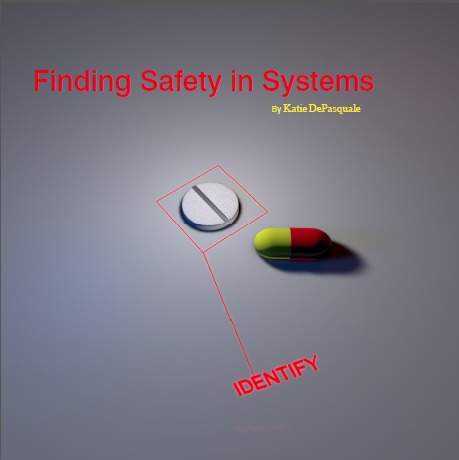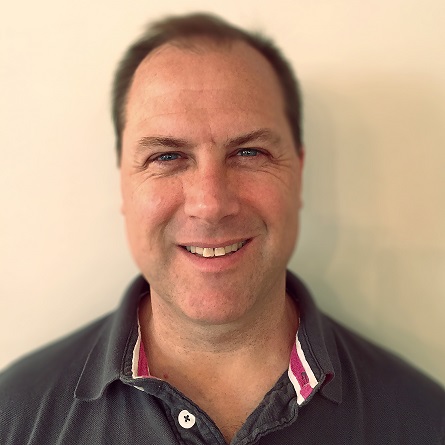

Mark Luettgen is in a unique position: he has a job that is both intellectually fulfilling and important to the well-being of the country.
A LIDS alumnus who got his PhD in Electrical Engineering and Computer Science at MIT in 1993 after getting both his bachelor's and his master's there, Mark has always loved studying signals and systems. It's what brought him from Wisconsin to Massachusetts for one of the best engineering programs in the nation. Now he puts that love to good use as President and CEO of Systems & Technology Research (STR), the company that he cofounded with LIDS alumnus Joel Douglas ('94) and other colleagues. With technology groups that do research and development applicable to defense, intelligence, and homeland security, STR is primarily focused on work done in the interest of national security.
When taking an overall look at what Mark and his colleagues do, he says, "Much of the work relies on signal processing, estimation, optimization, information theory, and control technologies that are developed at places like LIDS. We apply those technologies to a wide range of applications, including radar, communications, video, social media, navigation, and command and control systems." With such a breadth of areas in which STR works, the practical impact that Mark and STR can have is significant. "We're addressing important problems that, if they can be solved, will result in technologies that influence people's lives in a very positive way. They're also technically interesting challenges. What we're building at STR is an intellectually stimulating environment where smart people work collaboratively on hard problems."
The way that Mark came to cofound STR has a lot to do with his time at LIDS. A student of Professor Alan Willsky's, Mark's first job when he graduated was at ALPHATECH; Alan was its cofounder along with other LIDS colleagues including Michael Athans, Nils Sandell, and David Kleinman. (MIT alumnus Sol Gully was also an ALPHATECH cofounder.) Mark stayed there for 15 years, working in areas such as operations research, signal processing, object tracking, and resource management. When he left and went to the Defense Advanced Research Projects Agency (DARPA), he worked in similar areas, but this time directly for the government.
It was after his time with DARPA that Mark chose to cofound STR. With years of experience honing his expertise in intelligence, surveillance, reconnaissance data collection, processing, and exploitation systems, Mark has taken on the challenge of continuing his work while running a company, and he believes LIDS has played a role in his success. "The ideas developed at LIDS are important to the problems we work on. We build on and apply related ideas and methods to the national security sector in which we work."
As further proof of LIDS's impact, Mark's connection to it continues this day. Alan consults for STR on projects, and other STR staff members come from LIDS and from other departments at MIT.
As far as other, non-defense projects, STR does have some in the works. One is a medically related system that automatically classifies pills from camera imagery. Mark says, "Correct identification of prescription pills is a daily challenge for millions of patients and health care professionals. Most senior citizens take prescription medications and, unfortunately, many pills, capsules, and caplets look similar.and a single misidentification can lead to medical complications. Because of this, the National Library of Medicine has compiled a database of prescription drug images and pill descriptions to aid health care professionals in identification of an unknown pill; however, there is a need for an automated tool to help the millions of senior citizens prone to accidental misidentification in the home. To address this need, STR is developing a visual pill identification system that will enable the recognition of unknown prescription pills from an image taken from a cell phone."
When he's not working, Mark unwinds by running, reading, and spending time with his four children. His oldest daughter is looking at colleges and considering studying astrophysics, so they've spent time together at the Harvard-Smithsonian Center for Astrophysics, attending talks and pondering the mysteries of the universe. After this time spent on the stars, Mark returns from the intricacies of space to the intricacies of the sensor and information processing technologies that affect our daily lives.
